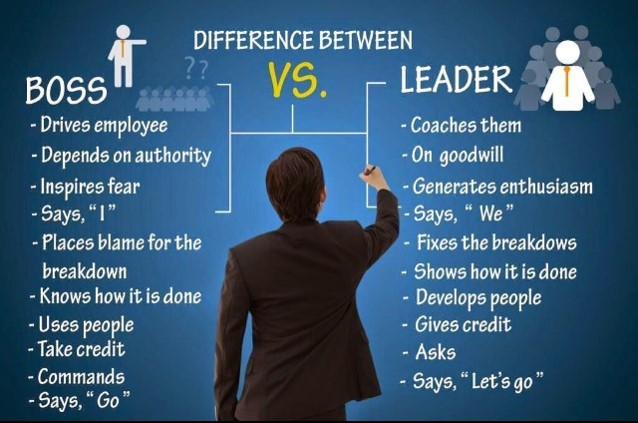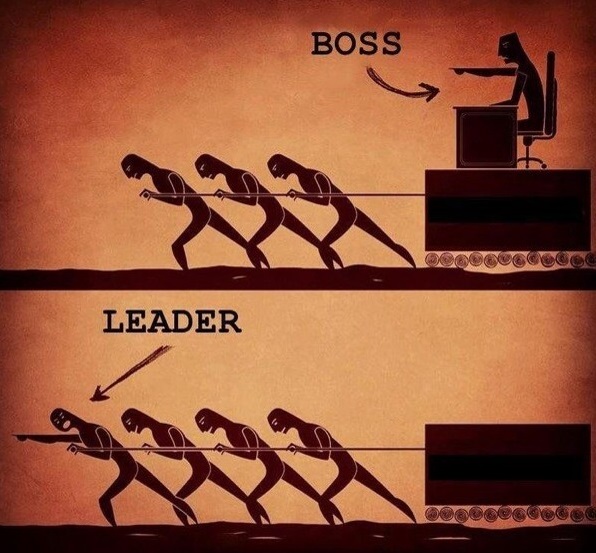Successful seasonal staff management
Seasonal staff can drive you crazy! They’re often young, easily distracted, have goals and issues unrelated to the workplace, and can be unreliable at best. But most of them can be trained and coached to be great employees if you take the time to work with them. To be successful as a manager, leader, teacher, or coach, there are some key points that can help. To start:
- Determine your definition of success with your employees – what are the characteristics that make up the ideal seasonal staff member? Remember these traits as you train them.
- Determine your own strengths and weaknesses – so that you know where you are confident in your training and where you may need help from outside sources.
- Understand that every employee is different and may require differing coaching strategies to successfully manage them.
- Set realistic goals for your employees.
- Create an environment in which they can be successful.
 On day one, engage your employees. Be prepared and welcoming, and have clear expectations in their job description or staff handbook. Give them the information that they need, and use power words with them such as please, thank you, you’re doing a good job, I appreciate your work. This will all create a positive environment with informed employees, who will then be easier to coach towards your ideal.
On day one, engage your employees. Be prepared and welcoming, and have clear expectations in their job description or staff handbook. Give them the information that they need, and use power words with them such as please, thank you, you’re doing a good job, I appreciate your work. This will all create a positive environment with informed employees, who will then be easier to coach towards your ideal. Your employees will take their professional cues from you. So have a positive attitude (or fake it), resolve conflict quickly and professionally, and focus on the issues that caused the problem rather than on how to fix the blame. Sometimes you need to be a boss and sometimes you need to be a leader – know the difference!
Every employee knows the absolute minimum effort that it takes to not get fired. They know that if they just do this minimal amount they can keep their job. Some socialists argue that the gap between this minimum and their potential may be as much as 70%-75%...so it takes many employees only about 25%-30% of their potential to not get fired.
Every morning your employee will negotiate – with themselves – how much effort over that minimum that they will put into their job. That vote is largely determined by the ENVIRONMENT in which they work. The challenge of their manager is to create a situation where employees will VOLUNTARILY give more than the minimum required. Here are some ways to help with that:
Your employees will take their professional cues from you. So have a positive attitude (or fake it), resolve conflict quickly and professionally, and focus on the issues that caused the problem rather than on how to fix the blame. Sometimes you need to be a boss and sometimes you need to be a leader – know the difference!
Every employee knows the absolute minimum effort that it takes to not get fired. They know that if they just do this minimal amount they can keep their job. Some socialists argue that the gap between this minimum and their potential may be as much as 70%-75%...so it takes many employees only about 25%-30% of their potential to not get fired.
Every morning your employee will negotiate – with themselves – how much effort over that minimum that they will put into their job. That vote is largely determined by the ENVIRONMENT in which they work. The challenge of their manager is to create a situation where employees will VOLUNTARILY give more than the minimum required. Here are some ways to help with that:- Create a positive atmosphere and working environment.
- Compliment and praise when appropriate.
- Use formative feedback or teaching moments to replace negative feedback.
- Coach them – prod, motivate, encourage, and teach.
- Recognize that you may need different coaching strategies for different employees.
- Some staff need a simple and swift kick in the butt – while others need you to explain the ‘why’ before they buy in.
- Make sure the duties and expectations were clearly defined
- It’s not personal – don’t let it be
- Praise in public, criticize in private
- Be clear and concise with communication
- Let them know the next step (whether an action plan for improvement, or an appeal for discipline if available, or anything moving forward in the process)
- Higher wages – or a good explanation as to why you can’t (for most of us!).
- A social media policy that allows employees to be involved but keeps your agency out of their posts – and promotes a healthy work environment among employees.
- On-line or app-supported scheduling and communication.
- Teaching best practices on customer interaction.
- Use post-season surveys to solicit honest and open feedback on staff issues – then work on improving them.

